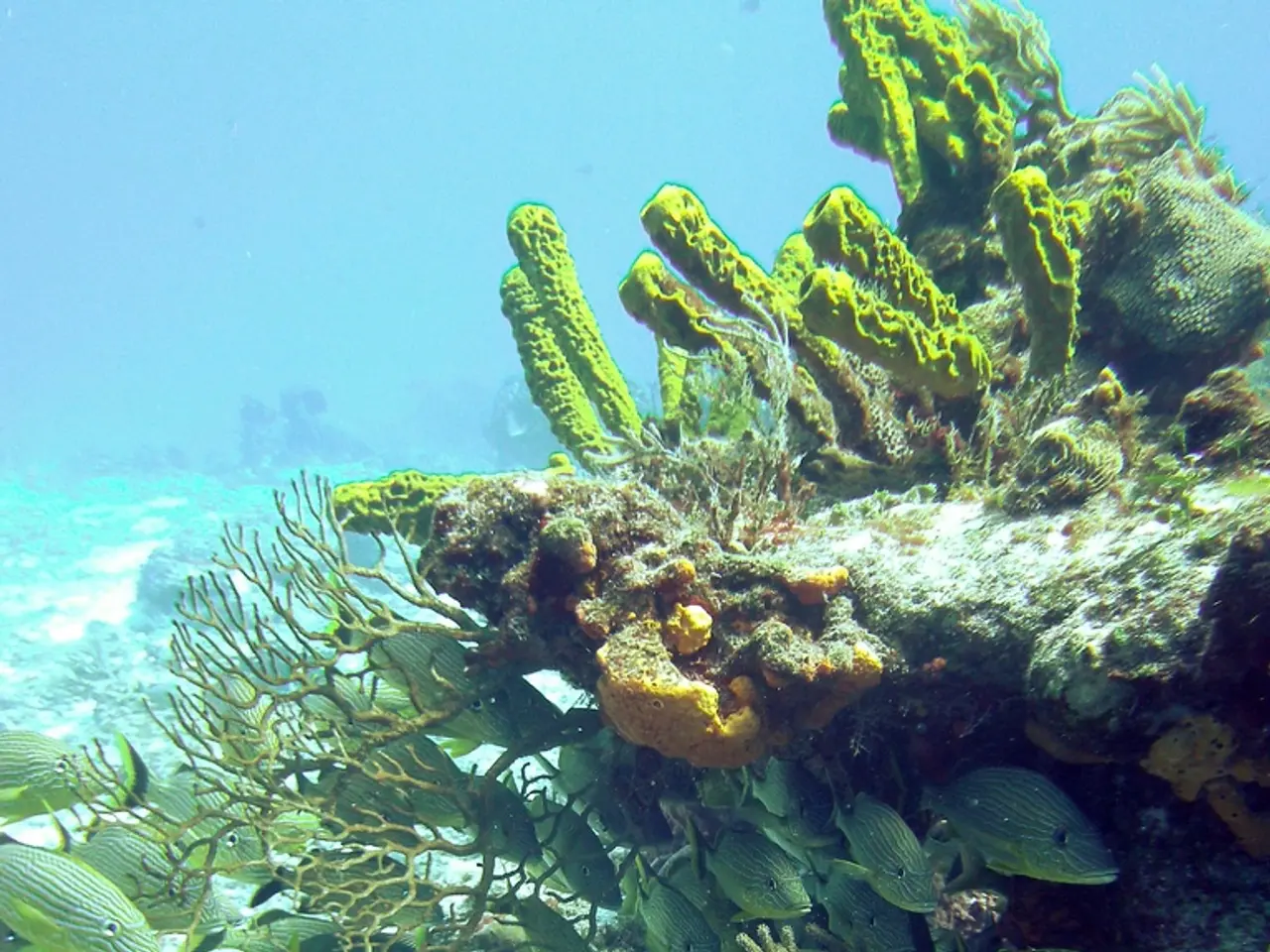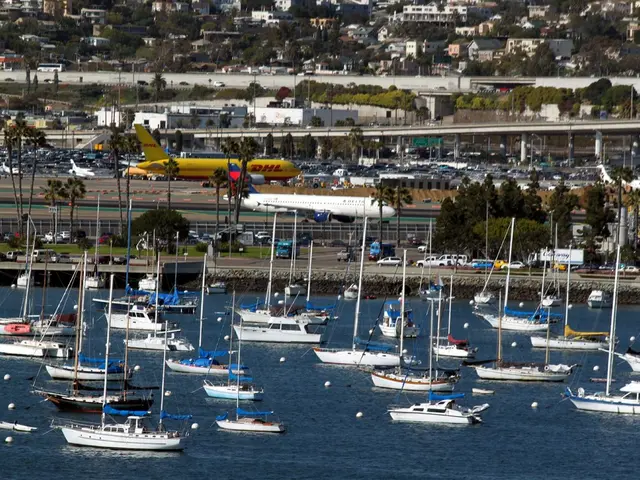Ocean Crisis: Sea Levels, Temperatures, Ice Cover Plummeting
The Copernicus Marine Surveillance Service has issued a stark warning about a triple planetary crisis affecting our oceans. Sea level rise is accelerating, with temperatures soaring and ice cover plummeting in both the Arctic and Antarctic. Meanwhile, ocean acidification is advancing, threatening marine biodiversity.
The rate of sea level rise has surged from 31.4 mm per decade between 1999 and 2006 to 40.8 mm per decade between 2016 and 2024. This alarming trend is accompanied by a dramatic increase in ocean temperatures. The average surface temperature reached a historic high of 21 °C during the spring of 2024. Marine heatwaves have grown more intense and persistent, with some Atlantic regions experiencing over 300 days under these conditions in 2023. The Mediterranean also suffered its longest heatwave in recent history.
The Arctic has witnessed four record lows in ice extent between December 2024 and March 2025, with an area 1.94 million square kilometers smaller than the long-term winter average. In the Antarctic, 2025 marks the third consecutive year of exceptionally low ice levels. Ocean acidification is another pressing concern, affecting 10% of high-biodiversity areas and 16% of threatened corals. The Black Sea and the Baltic are warming at rates far above the global average.
The Copernicus Marine Surveillance Service warns that these crises are interconnected and pose a grave threat to marine ecosystems and coastal communities. However, there is hope on the horizon. In June 2023, nearly two decades of negotiations culminated in an historic international agreement on marine protection. This agreement, set to enter into force on January 17, 2026, includes establishing marine protected areas, conducting environmental impact assessments, and regulating the use of genetic resources. With at least 60 countries required for ratification, the world is urged to act swiftly and decisively to protect our oceans.
Read also:
- Flu Vaccination Timing and Symptoms to Watch Out For
- Executives at Lipton Teas Recognized as Trailblazers in the Consumer Packaged Goods (CPG) sector by Top Women in Grocery
- Challenges in Advancing Cell and Gene Therapy: Balancing Innovation, Legislation, and Production hurdles
- Swift action required: Scientists urgently working to cryogenically preserve a critically endangered tree to prevent its extinction







